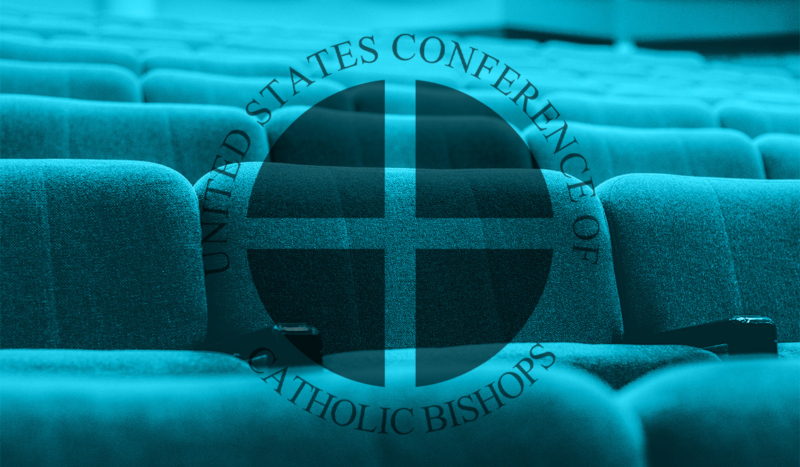
CV NEWS FEED // The U.S. Conference of Catholic Bishops (USCCB) stated on Jan. 26 that the federal government funding for the refugee programs the USCCB operates does not cover the entire cost of the programs.
“Faithful to the teaching of Jesus Christ, the Catholic Church has a long history of serving refugees,” the USCCB said, explaining that the bishops have partnered with the federal government since 1980, when Congress created the U.S. Refugee Admissions Program (USRAP), to serve refugees. “Every person resettled through USRAP is vetted and approved for the program by the federal government while outside of the United States.”
“In our agreements with the government, the USCCB receives funds to do this work; however, these funds are not sufficient to cover the entire cost of these programs,” the USCCB concluded: “Nonetheless, this remains a work of mercy and ministry of the Church.”
The statement comes shortly after CBS’s “Face the Nation with Margaret Brennan” aired an interview with Vice President JD Vance in which he addressed the USCCB’s recent statements regarding President Donald Trump’s immigration enforcement executive orders.
Brennan asked Vance about the USCCB’s criticism of Trump’s rollback of the policy prohibiting immigration enforcement on church and school grounds.
“Do you personally support the idea of conducting a raid or enforcement action in a church service, at a school?” Brennan asked.
“As a practicing Catholic, I was actually heartbroken by that statement,” Vance responded. “And I think that the U.S. Conference of Catholic Bishops needs to actually look in the mirror a little bit and recognize that when they receive over $100 million to help resettle illegal immigrants, are they worried about humanitarian concerns, or are they actually worried about their bottom line?”
On Jan. 26 the USCCB also released a one-page explainer about who qualifies for resettlement through the USRAP program, and about the Church’s role in the program. Local organizations work with the resettlement agencies, one of which is the USCCB, to help those approved through the program, according to the explainer.
The Church’s work caring for refugees long predates the creation of USRAP, the explainer adds: it dates back to when Christianity was in its earliest days. As a more contemporary pre-USRAP example, the explainer notes that in 1948, 105 of 119 Catholic dioceses in the U.S. had a refugee resettlement director that the diocesan bishop appointed.
The explainer concludes, “Today, Catholic ministries across the world provide pastoral and temporal care to vulnerable families, regardless of creed or nationality, in response to Christ’s mandate in Matthew’s Gospel to care for the ‘least of these’ (Mt. 25:31-46).”

